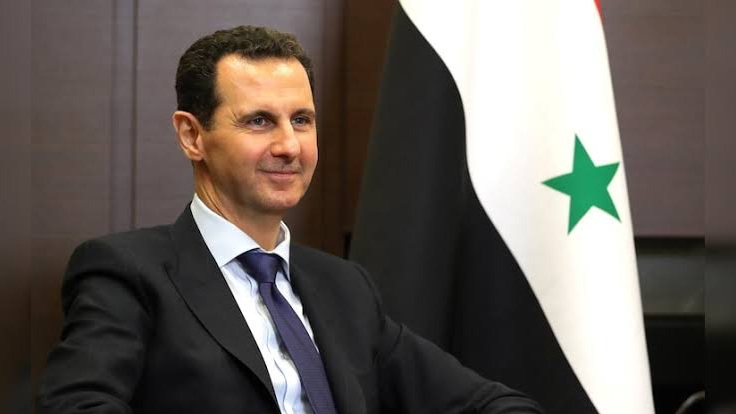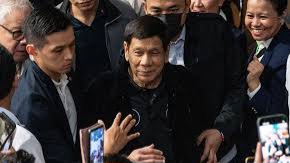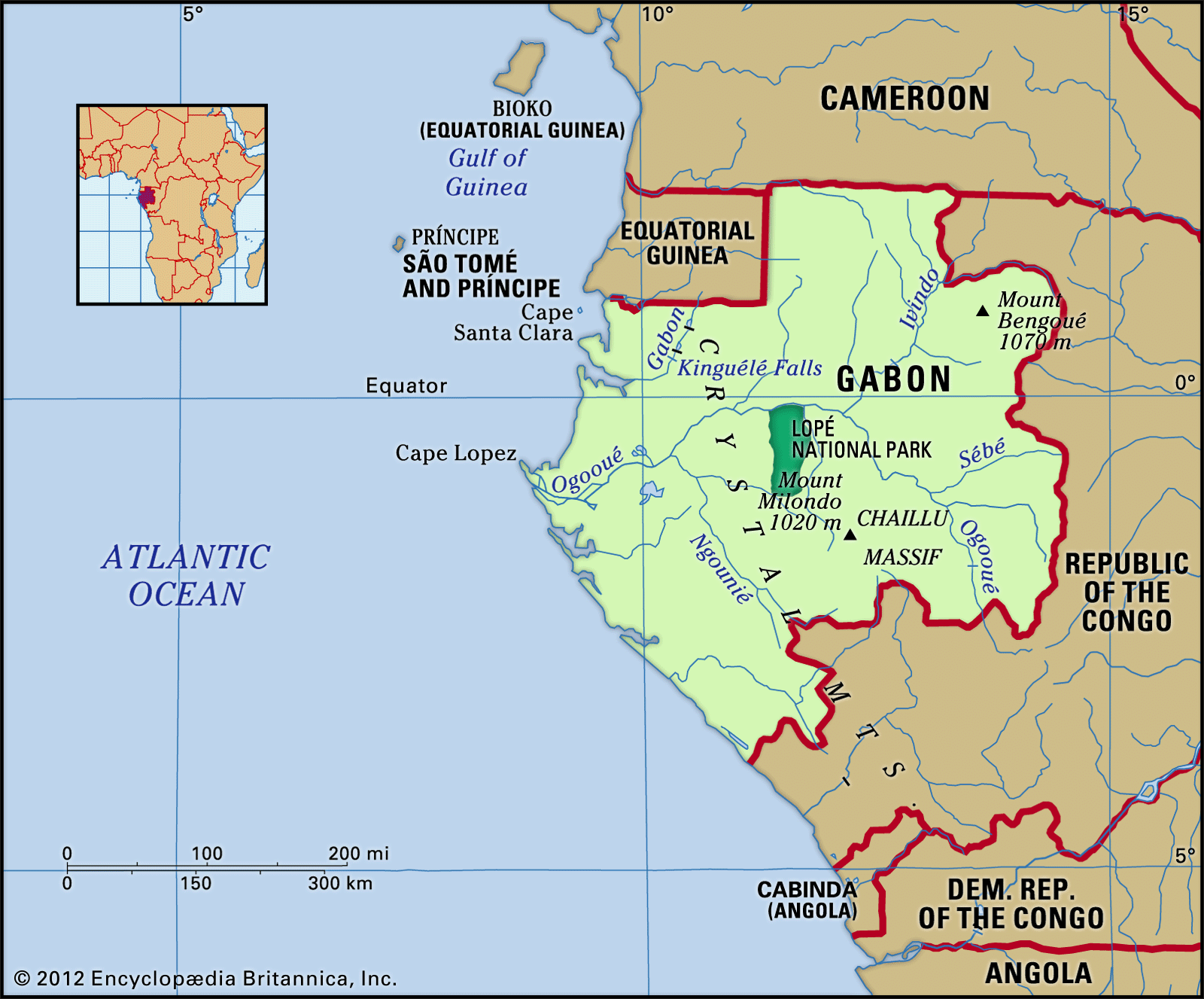 The fall of Damascus and the departure of President Bashar al-Assad represent the culmination of one of the most consequential and devastating conflicts of the 21st century. What began in 2011 as a popular uprising against authoritarian rule evolved into a brutal and protracted civil war, deeply entangling regional and global powers in a battle for influence. Over a decade of relentless fighting left millions dead, displaced, or living in dire conditions, while Assad’s regime clung to power through ruthless tactics and the backing of powerful allies. The collapse of the regime marks a pivotal moment in Middle Eastern history but leaves a fractured nation grappling with the scars of war and the competing interests of global powers.
The fall of Damascus and the departure of President Bashar al-Assad represent the culmination of one of the most consequential and devastating conflicts of the 21st century. What began in 2011 as a popular uprising against authoritarian rule evolved into a brutal and protracted civil war, deeply entangling regional and global powers in a battle for influence. Over a decade of relentless fighting left millions dead, displaced, or living in dire conditions, while Assad’s regime clung to power through ruthless tactics and the backing of powerful allies. The collapse of the regime marks a pivotal moment in Middle Eastern history but leaves a fractured nation grappling with the scars of war and the competing interests of global powers.
Bashar al-Assad’s rise to power in 2000, following the death of his father, Hafez al-Assad, ushered in an era of continued authoritarian rule. Initially seen as a potential reformer, Assad instead entrenched himself in the repressive structures of his father’s regime. His tenure became synonymous with systemic corruption, suppression of dissent, and the maintenance of a patronage network that sustained his authority. The outbreak of the Syrian Civil War in 2011, sparked by the Arab Spring uprisings, shattered the illusion of stability and exposed the regime’s brutality. Assad’s violent crackdown on peaceful protesters escalated into one of the most devastating conflicts of the modern era, drawing in multiple international actors and exacerbating the suffering of the Syrian people.
The Role of World Powers in the Civil War
The Syrian Civil War became a proxy battlefield for world powers, each pursuing its own strategic interests, which prolonged the conflict and deepened the crisis.
The United States supported opposition forces with weapons, training, and financial aid to counter the Assad regime and combat terrorist groups like ISIS. However, U.S. involvement was often inconsistent, reflecting debates over military intervention and concerns about escalating the conflict.
Russia played a decisive role in preserving Assad’s rule. Its military intervention in 2015, marked by airstrikes and advanced weaponry, helped the regime regain significant territory. Moscow’s support was driven by strategic interests, including its naval base in Tartus and its desire to reassert itself as a dominant power in the Middle East.
Iran, another critical ally of Assad, provided military advisers, financial backing, and support through Hezbollah, its Lebanese proxy. Tehran viewed Syria as a vital link in its regional axis of power and spared no effort to sustain the regime.
Turkey pursued a complex role, initially supporting opposition forces but later prioritizing the containment of Kurdish militias it considered a threat to its territorial integrity. Turkey’s involvement reflected its regional aspirations and shifting security concerns.
European nations, including the UK and France, focused on limited military operations targeting ISIS while supporting diplomatic efforts to resolve the conflict. Their involvement was motivated by concerns over regional stability, refugee flows, and terrorism.
The United Nations attempted to mediate peace through various initiatives, but its efforts were frequently undermined by geopolitical rivalries. Russia and China, using their veto power in the UN Security Council, shielded Assad from harsher international measures, further complicating resolution efforts.
This entanglement of world powers not only prolonged the conflict but also magnified the humanitarian disaster. Although these interventions were often framed as efforts to restore stability, they ultimately reflected a fierce competition for influence that left Syria in ruins.
Factors Leading to the Fall of Damascus
The collapse of the Assad regime resulted from a confluence of domestic and international factors. Years of conflict had exhausted Syria’s military and economic resources. Even with external support from allies like Russia and Iran, the regime struggled to sustain its war efforts as international sanctions and internal dissent mounted.
High-ranking defections and disillusionment within the regime fragmented its power base. Simultaneously, the unification of opposition factions under a cohesive strategy enabled significant territorial gains. These efforts were bolstered by renewed protests from a war-weary population, demanding an end to Assad’s rule.
As opposition forces encircled Damascus, intense negotiations mediated by Russia and Turkey reportedly led to Assad’s decision to step down and flee the country. His departure marks the end of over five decades of Assad family rule in Syria.
Implications for Syria and the Region
The immediate challenge for Syria lies in forming a transitional government capable of addressing the divisions and grievances that fueled the war. Inclusive governance and accountability for war crimes are essential for long-term stability.
Regionally, the fall of Assad shifts the balance of power. Iran and Hezbollah, key supporters of the regime, face diminished influence, while Turkey and Gulf states may play more prominent roles in shaping Syria’s future. The rebuilding process will require significant international cooperation and financial aid to address the humanitarian crisis, resettle displaced populations, and foster reconciliation among warring factions.
Globally, Assad’s fall serves as a stark reminder that authoritarian regimes, no matter how entrenched, can crumble under sustained resistance and international pressure. It underscores the necessity of governance that prioritizes the welfare of citizens over personal power.
Conclusion
The fall of Damascus and the exit of President Bashar al-Assad symbolize both the end of an era and the beginning of a new, uncertain chapter for Syria. While the path to recovery is fraught with challenges, it also presents an opportunity for the Syrian people to rebuild their nation on the foundations of justice, democracy, and unity. To achieve lasting peace and stability, the international community must prioritize the needs of the Syrian people over narrow geopolitical interests, ensuring that this tragic chapter in the nation’s history becomes a turning point toward a brighter future.
Toba Alabi is Professor of Political Science and Defence Studies . (08036787582). tobalabi@yahoo.com





